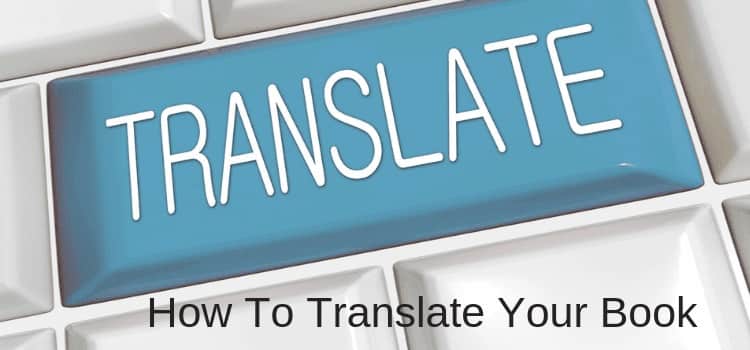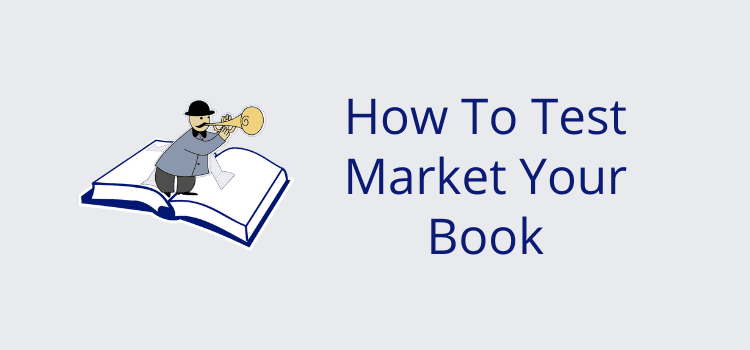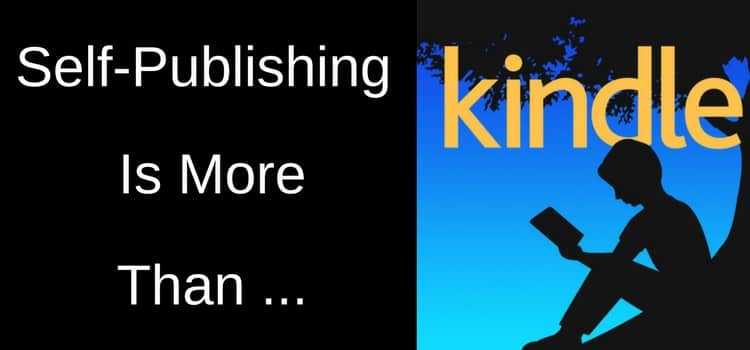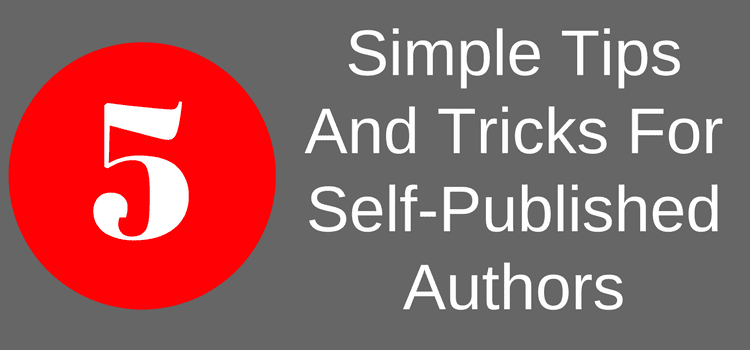
Are you thinking about how to translate your book?
Translating a book for self-published authors is a challenge.
Of course, the biggest hurdle is usually the cost.
The market price for a professional translator for a full-length novel is probably out of financial reach for most self-published authors.
An interesting model, which overcomes the expense of translating projects for fiction, is offered by Babelcube.
It uses freelance translators to help you publish a book in a foreign language.
The introduction to its services sounds promising.
Publish Your Books In Other Languages!
Cost = $0. Just share the royalties
Sell your book in 10+ languages
Choose your translator. Or a team of them
Sell through 300+ language-specific online retail channels with ease
Earn additional income from new markets
While this sounds interesting, you need to check the fine print of the FAQs.
There are a few issues that authors would need to consider carefully.
The most important one, of course, is who holds the rights when you translate your book.
Who owns the copyright of the translated version of the book?
The rights holder of the original version of the book, typically the author or publisher, maintains the copyright of the translated book, including the associated material such as the cover.
What rights does Babelcube want?
Babelcube owns the distribution rights for the translated book for the first five years.
After which, the rights holder can decide to continue using Babelcube’s global distribution network or sell the book via any alternative method they choose.
This ensures the translator(s) will be fairly compensated for their efforts.
Another issue is about the sales of translated versions.
In Babelcube’s FAQs, it answers this question:
Where will the translated books be available?
We will sell your books through numerous sales channels:
All major global retailers: Amazon, Google, Apple, Nook, Kobo, Scribd
300+ regional and country online retailers
1,000+ public libraries (for books in English)
However, when you click on the link of numerous sales channels, it looks very much like standard aggregation and distribution through Smashwords and Amazon.
When you then look at the revenue share offered by Babelcube, you would have to factor in net royalties from aggregators such as Smashwords.
These would probably be in the vicinity of 60% or less of the retail selling price.
With such a low return to the author of 30% of net royalties, plus the consideration that translated books might not sell in huge numbers, it may not be a big moneymaker over your English language version.
However, if you are interested in knowing how to translate a book, it is an opportunity for authors who wish to test the water or expand their readership.
If you would like to investigate the pros and cons of translating self-published ebooks or books, I found these two interesting threads worth reading.
This conversation thread on Proz.com, which is a site used primarily by translators, looks at Babelcube from a translator’s perspective.
While this thread on Kindle Boards is obviously from the author’s perspective.
Have you used the services of Babelcube for translating self-published titles? Or any other publishing houses that offer literary translators?
Did it work well for you?
Related Reading: What You Need To Do Before You Self-Publish A Book
Share This Article



As a professional translator and teacher of translation, I shudder at some of the remarks.
Literary translation requires knowledge and dedication rather than a dictionary or software. A ‘starting point’ is not realistic in literature. It is true that a very basic functional translation might work well in a technical field. However, you require significant experience to edit a computer-generated translation effectively.
An author keeps the right to translations unless otherwise stated in a contract. It is best to add a clause about translation to any contract to be sure.
The feast of St. Jerome, the patron saint of translators, is celebrated soon. In that spirit, I ask that we respect and recognize the profession.
A couple of minor corrections. Babelcube is not new, and they do not distribute through Smashwords.
I use Babelcube very effectively and know plenty of indie authors who have had success with them.
The downsides are that the translators are not vetted, and the author needs to do their homework both in selecting a partner-translator and in checking the material afterwards.
But as an easy way into the non-English-language markets Babelcube is a great starting point.
As to royalties, for most indie authors it is a simple matter of x-percent of something from a foreign market as opposed to 100% of nothing. But the roaylties are actually very fair to all parties.
For those wanting a route into China Fiberead offer a similar service for Chinese translations and distribution in China.
Hey Mark, Fascinating, Thanks. How does one check the translator and their work if they can’t speak the language? Does running samples through Google Translate suffice?
No, don’t use Google translate, please.
Try posting samples (paragraph or two would be enough) on forums or chans. Other opportunity is to find a native-speaking volunteer through the social media.